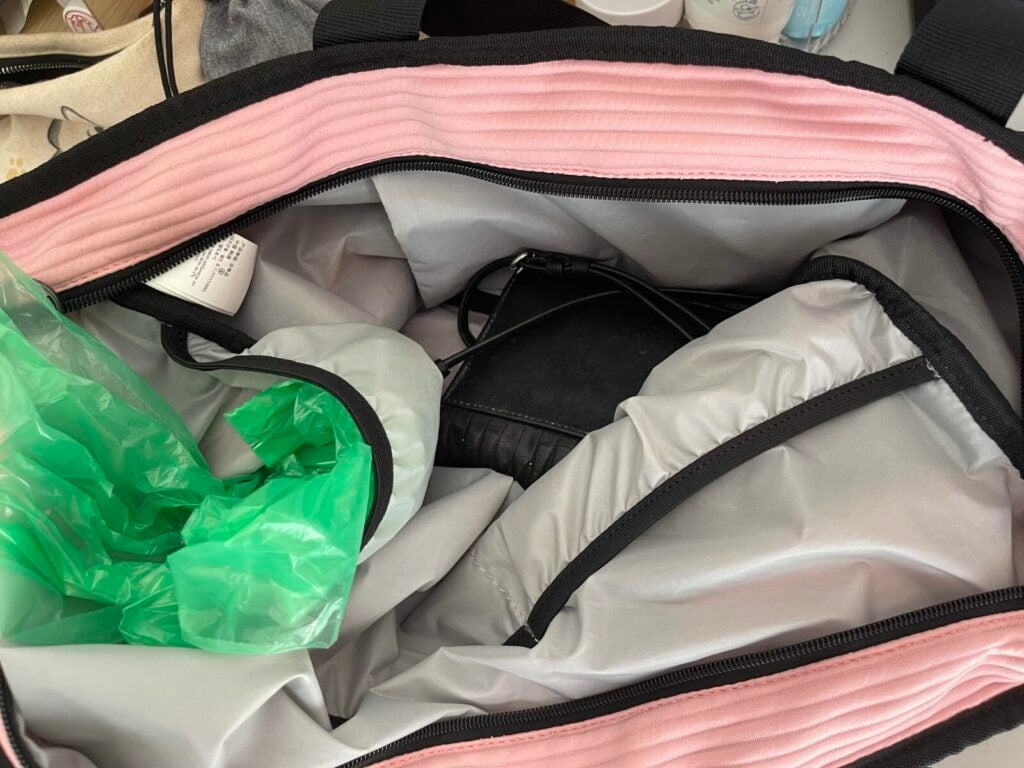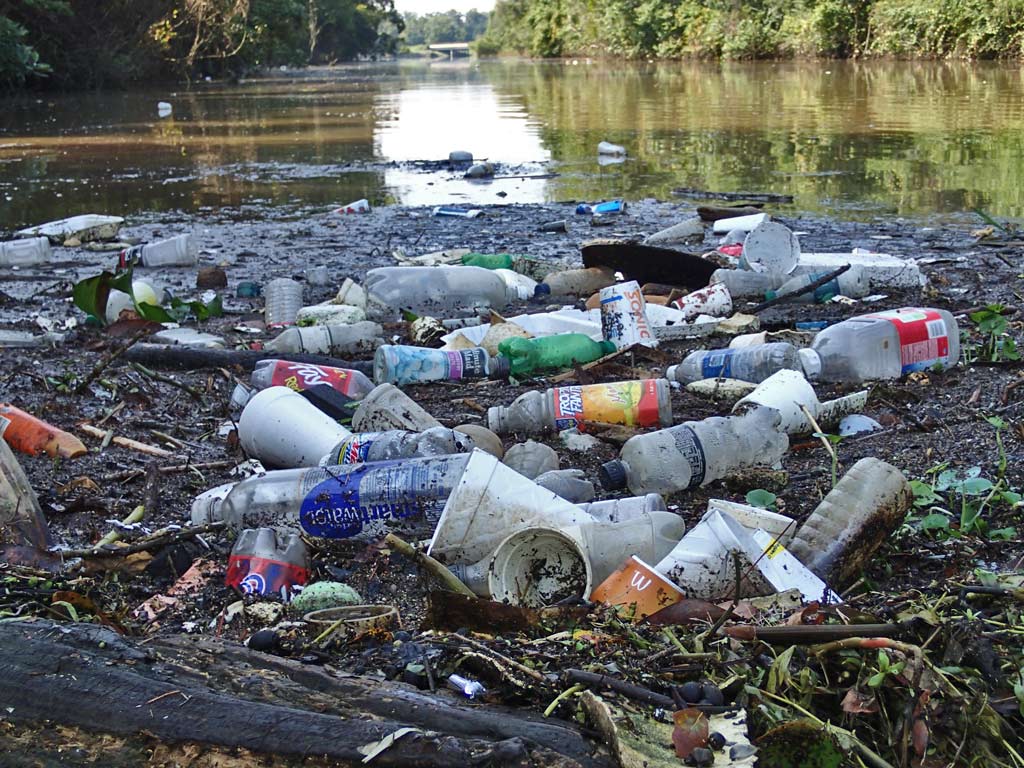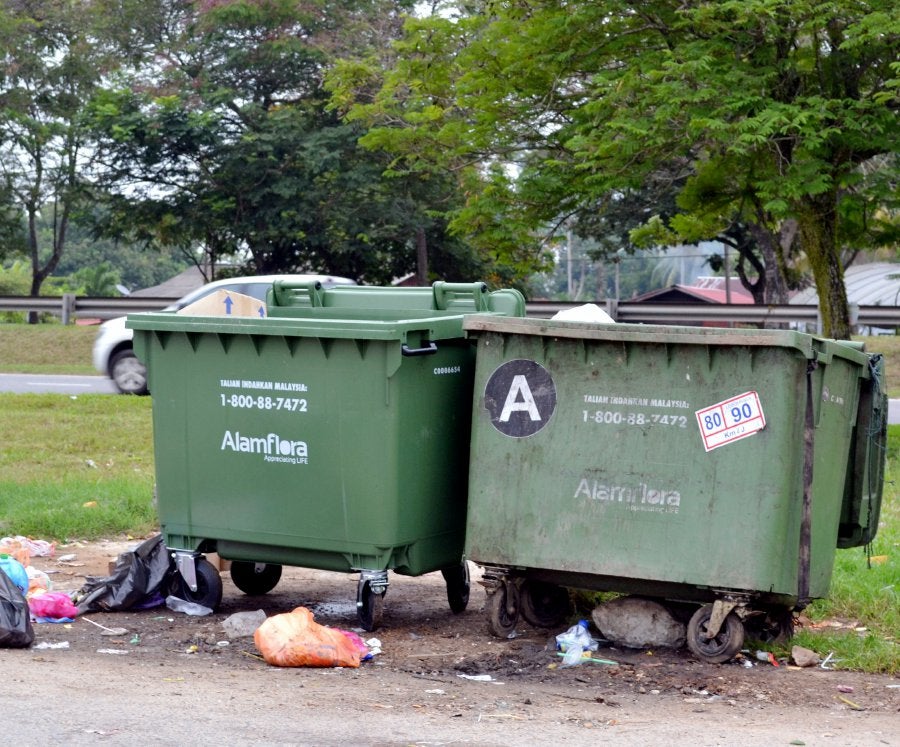Disclaimer: In Real Life is a platform for everyday people to share their experiences and voices. All articles are personal stories and do not necessarily echo In Real Life’s sentiments.
If there’s one bad habit Malaysians have, it’s littering. You can literally go anywhere in Malaysia and be assaulted by the sight (and smell) of our intense littering problem. It’s also caused some really bad consequences in the form of clogged drains that contribute to our flooding.
Yet despite the criticism of it, many Malaysians still go on to litter. Many think it’s a lower-class issue isolated to those with smaller incomes and less education, but the truth is that even those of higher socioeconomic status do the same thing!
IRL spoke to Malaysians about what causes our littering habit:
1. Littering is normalised
Max brought this point up to me: “Many Malaysians have grown up with parents and older family members doing it thoughtlessly so younger people follow suit.”
His words brought me back to when I was a child, walking along a jalan after makan with my grandma. She had gotten herself ice cream and she disposed of the wrapper by throwing it down the huge longkang.
It’s certainly true that the act is normalised. Everyone is doing it, so why shouldn’t I?
2. Malaysia’s seriously selfish thinking of “convenience”!
It’s definitely convenient to just dispose of your trash where you’re standing. It’s not like we have many rubbish disposal bins in public. It’s also not like those bins are cleared regularly. Despite the years of complaints about littering, little effective procedures have been taken to combat it. Chin brought this up when I asked him for his thoughts.
“The easy example is the removal of ashtrays from bins. It’s just asking for empty cigarette butts to be dropped all around the bin.” Considering how prevalent smoking is amongst Malaysians, this example has much merit.
“The packaging of things you can purchase here doesn’t make it easy for Malaysians to dispose of them either,” Chin continued. “You have these absolute chonkers of packages you place in a rubbish bin and bam! The whole bin is full now.”
3. The mentality that someone else will clean it up
Nick actually mentioned this. Malaysians care very little about the low income workers who work to make Malaysia a better place while we work in our air-conditioned offices or the comfort of our homes. We see this whether it’s the cleaners at our condos or the janitors of public toilets. They’re disregarded and disrespected at all turns.
I remember when my friend Murni visited me at my condo. She accidentally spilled my Milo, part of the Grab delivery she collected from the lobby, onto the floors in the corridors. After bringing the food back to mine, she went out with a mop and bucket to clean up.
I contrast this with the time I was leaving the house and saw an entire tom yum packet spilled in front of the lifts. Whoever had spilled it didn’t bother to clean it up, regardless of the inconvenience caused to the other residents, let alone the condo cleaners.
We just don’t care enough about other people.
Despite littering being such a bad ingrained habit, we can make a difference
In an issue like this, individual action does matter. There are measures everyone can implement in their daily lives to make littering a smaller problem.
Here’s what we can do:
1. Make it convenient for yourself to not litter

This is for those who don’t want to walk around looking for a bin! You could carry a small plastic bag with you when you go out. For those who carry bags, a small roll of plastic bags or even one plastic bag that you replenish after using can really help prevent you from littering.
For smokers, you could reuse an old cigarette pack for your cigarette butts while you’re out.
Think about what you would throw away as litter and anticipate that need by having a suitable receptacle that you can easily carry around.
2. If you’re part of a housing association, you could bring up or lead community initiatives
Max told me about the association for his taman, which used to organise gotong-royongs. I remember only doing this in school but never outside of it. Despite it being a part of Malaysian culture that we’re taught in schools, we sure don’t do it when we’re adults. Gotong-royongs aren’t just good for cleaning – they also bring a community together and show them the effects of littering.
You don’t have to organise a gotong-royong, of course. But you could bring up a community need for more public bins or whatever the issue is wherever you live. And in today’s digital age, it’s never been easier to communicate.
It’s an easy habit to encourage once you know what to do
As always, your mileage will vary but you have to find the solution that is best for you. Being clean about what you leave behind is always a good habit to have. Be sure to encourage those you know to also take active measures to prevent themselves from leaving behind trash.
It’s not just good for the environment, but it also helps the people who do have to clean your sh*t up.
For more stories like this, read: Snow, Flooding & Droughts: Why Malaysians Need To Care About Climate Crisis & What We Can Do About It, Malaysians Share Their Opinions About The Nationwide Smoking Ban For Those Born After 2005 and I’m A Foreign Cleaner In Malaysia, Here’s My Story: Why I Became A Cleaner & What It’s Like.
You might also like
More from Real Skills
How I Saved Almost RM50,000 On Buying My First Car
Here's how this Malaysian man with a RM3,500 salary saved RM50,000 on his first car.
Angry M’sian Boss Demands Unpaid Overtime Over Raya, Causes 9 Staff To Quit
An anonymous employee at a local SME shares how a bad-tempered boss eventually caused 9 staff to quit before Hari …
I Studied In Chinese School As A Malay Boy, Here’s What I Learnt
Every time I used Mandarin outside of school, family members would come up to me at gatherings and ask me …






















